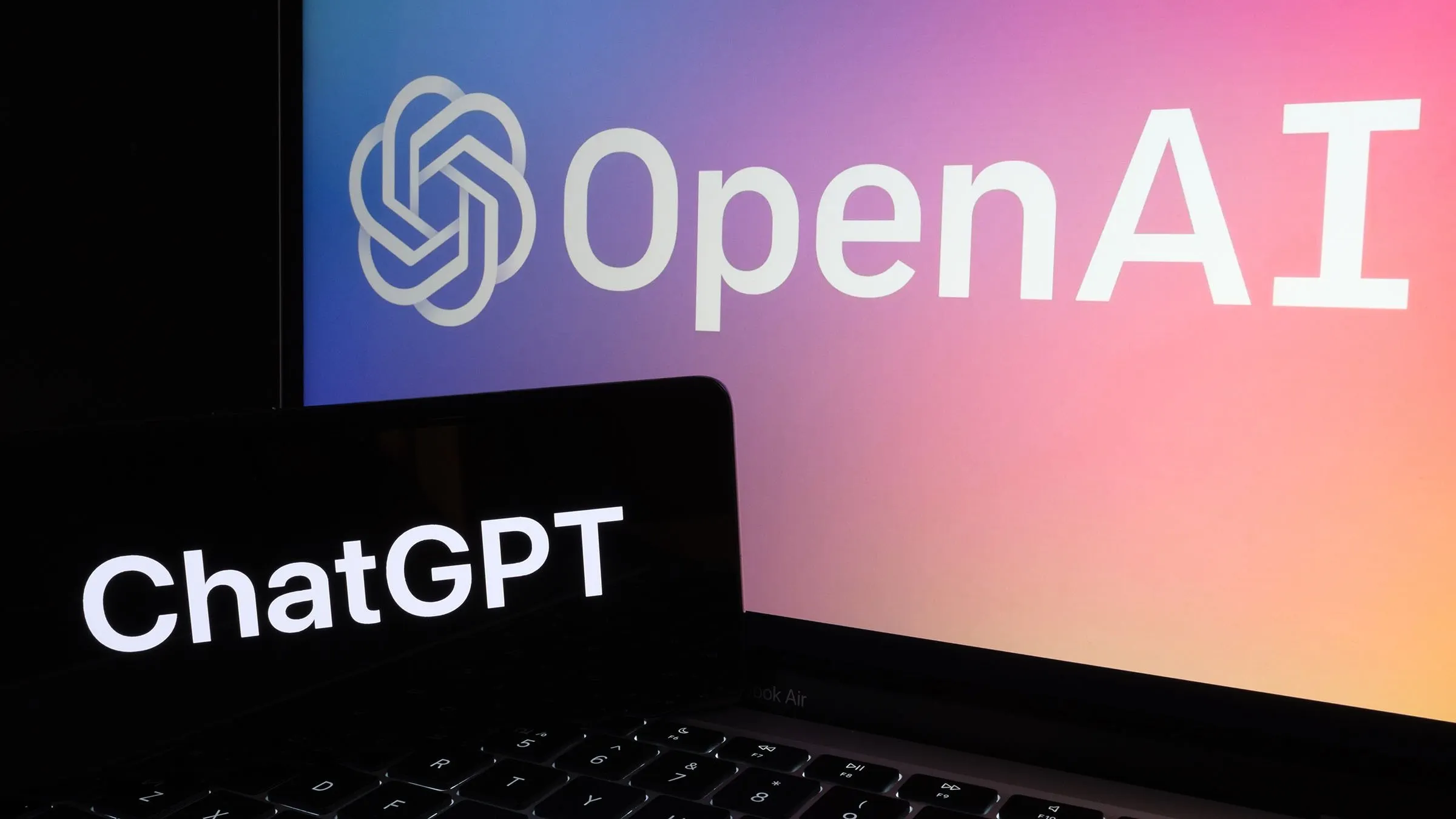Even if you weren’t using ChatGPT as an unpaid therapist, the thought of your questions and prompts being saved and used to train future AI models may make you uncomfortable. In acknowledging this, OpenAI has rolled out new features that lets users protect their ChatGPT chat history.
In addition to giving users more control over their digital footprints, activating the feature removes user prompts from the OpenAI’s training models and the history sidebar.
“We hope this provides an easier way to manage your data than our existing opt-out process,” OpenAI wrote in a blog post. “When chat history is disabled, we will retain new conversations for 30 days and review them only when needed to monitor for abuse before permanently deleting.”
For those worried about losing access to meaningful conversations or prompts with the chatbot,
In March, OpenAI sparked a firestorm after it revealed on Twitter that a bug exposed some users’ personal information and chat history.
With this move, ChatGPT is not only catering to those who enjoy vanishing conversations. They’re also developing a new ChatGPT business subscription tailored for professionals and enterprises that want extra control over their data.
“ChatGPT Business will follow our API’s data usage policies, which means that end users’ data won’t be used to train our models by default,” the company said. “We plan to make ChatGPT Business available in the coming months.”
For those who prefer to reminisce about past chats or keep a record of their digital dalliances, ChatGPT has you covered too. A new “export” feature will generate an email containing the user’s ChatGPT data, including questions, conversations, and related information. If chat history is not disabled, conversations will be retained indefinitely—and OpenAI will use them for ongoing research.
Since the rollout of its latest update to ChatGPT, GPT-4, OpenAI has taken several steps to improve user privacy and deal with AI "hallucinations." In April, the machine learning giant reaffirmed its commitment to keeping AI safe and beneficial.
“We also recognize that, like any technology, these tools come with real risks—so we work to ensure safety is built into our system at all levels,” OpenAI said, announcing a bug bounty program the following week.
The push to improve user privacy comes at a time when lawmakers grapple with the rapid development of AI tools after ChatGPT launched in November 2022. Earlier this month, citing privacy concerns, Italy banned ChatGPT, with other governments voicing concerns.
OpenAI did not return Decrypt’s request for comment.
Daily Debrief Newsletter
Start every day with the top news stories right now, plus original features, a podcast, videos and more.

